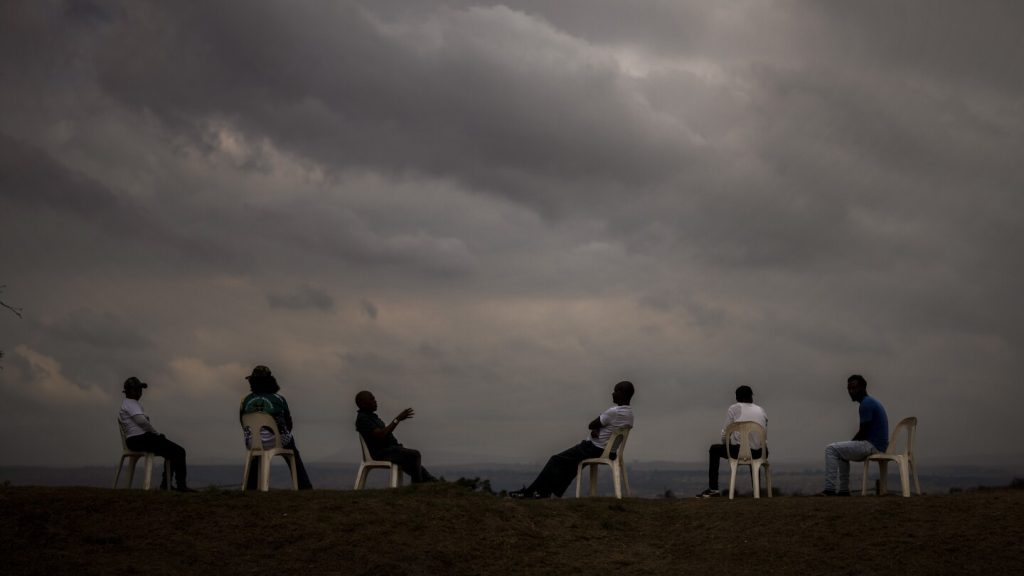South Africa’s four main political parties have entered the final weekend of campaigning before a potentially pivotal election. The African National Congress (ANC), which has been in government since the end of white minority rule in 1994, is under pressure to retain its majority. Polls show the ANC’s support at less than 50%, raising the possibility of forming a national coalition, a first for the country. The ANC held a rally in Johannesburg, where President Cyril Ramaphosa addressed supporters and acknowledged the challenges faced by South Africans, such as poverty and unemployment.
The main opposition party, the Democratic Alliance, held a rally in Cape Town, with leader John Steenhuisen calling for change. While the ANC’s support has declined in recent elections, no party has emerged to overtake it. Losing its majority would be a significant blow to the ANC, which has been credited with leading the country to freedom from apartheid. Some ANC supporters expressed frustration with the lack of progress since 1994, highlighting issues such as unemployment, inequality, corruption, and crime. Despite the challenges, the ANC points to the progress made in the post-apartheid era.
South Africa’s political landscape has seen a slow fracturing, with disaffected voters turning to various opposition parties. Dozens of parties are registered to contest the upcoming election, with voters choosing parties rather than directly electing the president. If the ANC falls below 50%, it would require an agreement with other parties to reelect Ramaphosa. The Economic Freedom Fighters and the MK Party, led by former president Jacob Zuma, also held rallies ahead of the election. Zuma, who has been disqualified from standing as a candidate, is campaigning for his new party, criticizing the ANC under Ramaphosa.
The election is seen as a crucial moment for South Africa’s democracy, with the possibility of significant political change looming. The ANC’s long-standing dominance is being challenged by a range of opposition parties, reflecting the growing discontent among voters. While the ANC has acknowledged its failures, it continues to highlight the progress made since the end of apartheid. With Ramaphosa’s reelection prospects hinging on the ANC’s performance in the election, the outcome will shape the country’s political landscape for years to come. As South Africans prepare to cast their votes, the future direction of the country hangs in the balance, with significant implications for economic development, social stability, and governance.


